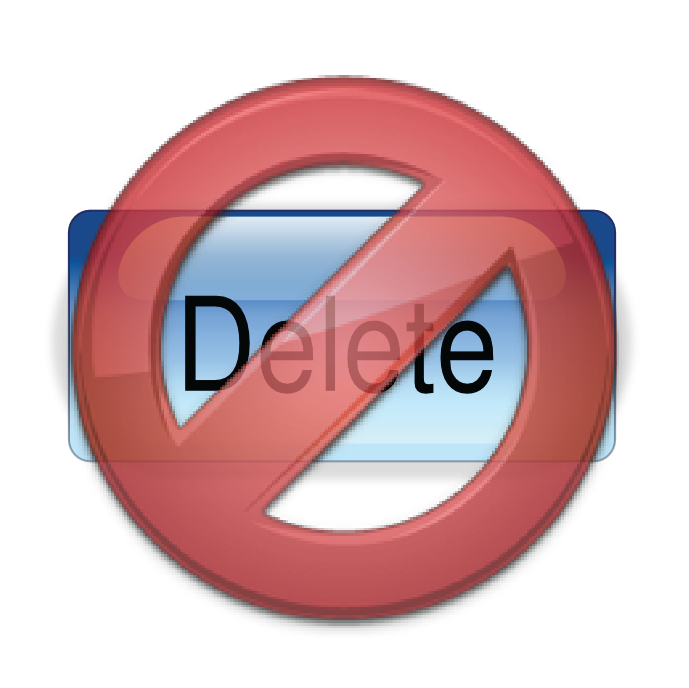Whenever we look for moral guidance in the Wild West of the Internet, we tend to fall back on the great thinkers of our time. In this case, Cher comes to mind. 
You may be familiar with her tune "If I Could Turn Back Time." In addition to Cher straddling a cannon, it also contains the astute observation "Words are like weapons / They wound sometimes." Too true. And the pain can be especially acute if you're a small business wondering how to handle negative comments on Yelp, Facebook, or other social media platforms.
It's a conundrum. If you "turn the other cheek," you run the risk of having the "trolls" dictate the terms of engagement. Conversely, should you do the whole "eye for an eye" stuff, you run the even greater risk of a larger conflagration. What's indisputable is that these ancient adages are not universally applicable in the brave new world of social media (which is why we tend to fall back on Cher for guidance.)
Ultimately, the proper response for how to handle a negative comment requires you to understand both parts of the equation. The first part: the motivations and psychological profile of the commenter themselves. And secondly, the comment itself. Today we'll be looking at that latter piece; specifically, you should ask yourself the following questions:
- Is This Comment Accurate? The worst thing you can do is ignore a comment that is factually true. It's akin to putting your fingers in your ears and screaming the alphabet. So view the comment as you would in the "real world." After all, if you're a manager in a retail store and a customer makes a legitimate complaint, you naturally take it to heart, honestly apologize, and work to improve the situation. The same logic applies online. Our advice? Be contrite, be sincere and be compassionate. Make an honest effort to remedy the problem and when the problem is remedied, make sure the commenter - and the rest of the world - hears about it.
- Is This A Commenter I'd Want to Have Coffee With? In other words, is this commenter logical, considerate, and respectful or are they rude, unhinged, and abusive. Our advice: If it's the former, a civil engagement is required. If it's the latter, do not engage. Rather, ignore it entirely - logical readers know a troll when they see it - or, if the comment is particularly vile, report it or have it removed.
- A Public or Private Response? One way to handle a negative comment is to pull the commenter aside for a one-on-one chat. If someone posts a negative comment on Facebook, you may want to respond in private by Friending the individual and directly messaging them. Our take? The private approach works especially well for justifiably angry commenters itching for a fight: if you engage them online, it will only fuel the fire. If you engage them in private, the odds of diffusing the issue are higher, especially if you adopt a "kill 'em with kindness" approach.
- Do I Loop in the "Offending" Party? Let's say you're an auto dealer and you receive a complaint that a salesperson (we'll call him Bob) was overly aggressive. First, get the facts straight. Next, craft a response that is compassionate yet supportive of your staff (assuming Bob did nothing egregiously wrong.) Therefore, the response can read: "Thank you for your comments and I sincerely apologize for your experience. I sat down with Bob and conveyed your comments to him. He apologizes and I can assure you we will make sure he adopts a different approach with future customers." This approach is also far more cost-effective than the initial idea of having Bob personally deliver the aggrieved customer a freshly-baked cake.
- Can This Comment Be Neutralized? When you go to Amazon and check out reader reviews, you'll inevitably be drawn to a one-star review. Bad news sells. However, if there are a dozen four-star reviews on the same page, the effect of the bad review becomes muted. Similarly, if you can't remove the comment (think Yelp), encourage fans to post positive experiences to dilute the effect of the negative review. (That said, if you're consistently inundated with negative or false comments, you may want to consider purchasing a reputation tracking tool.)
Bottom line: each comment is different and requires a different response. But keep in mind the basics: compassion, empathy, and transparency. If you make an honest effort to right a wrong, customers will notice and appreciate it. Even if there's no cake.
Looking for more strategies for improving your company's presence on customer review sites? Sign up for our newsletter:





